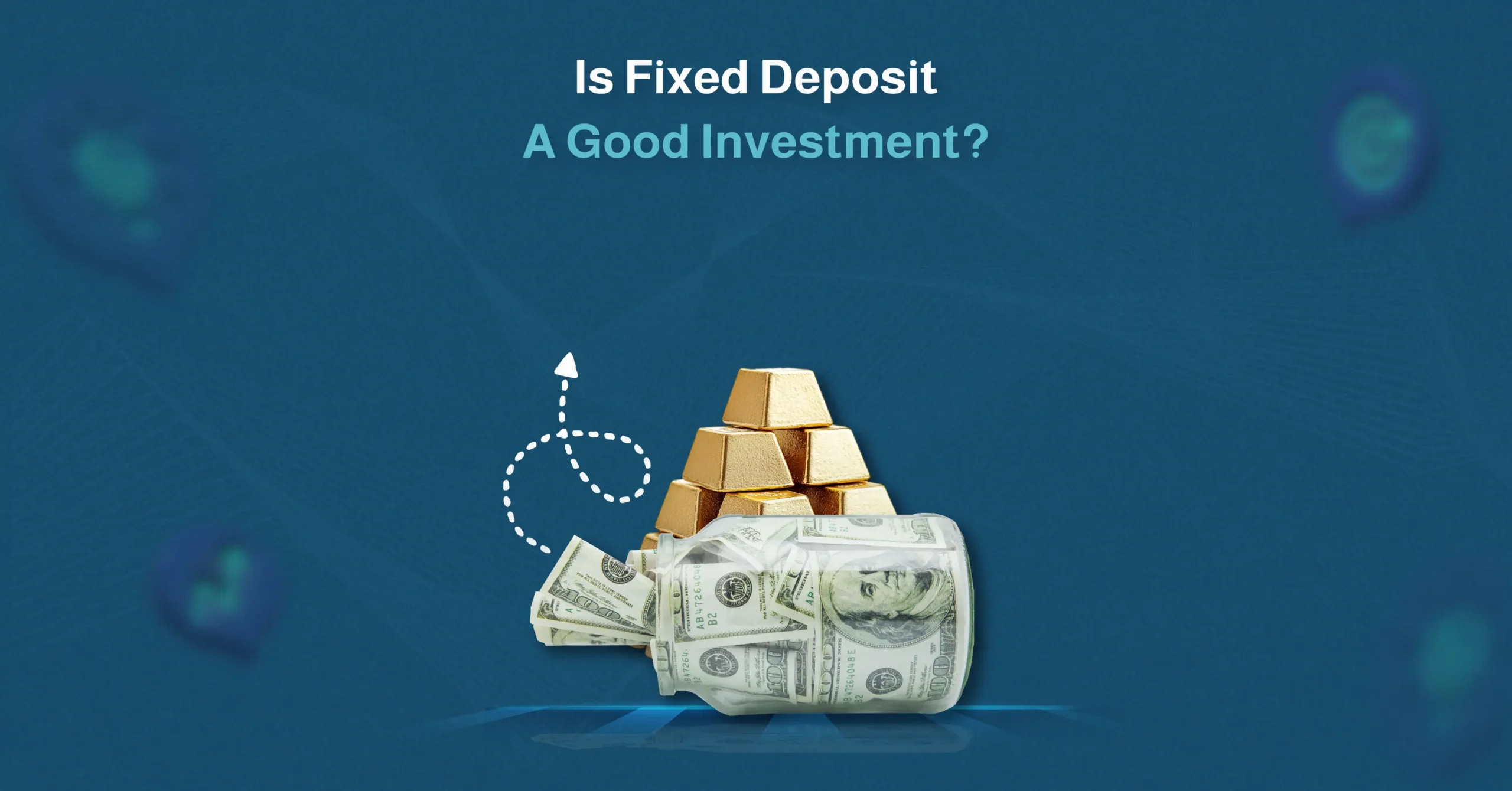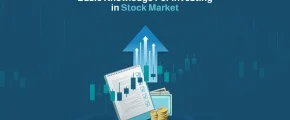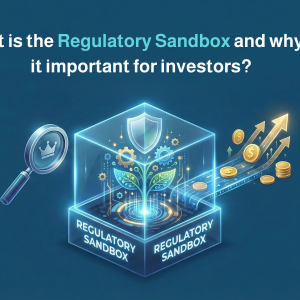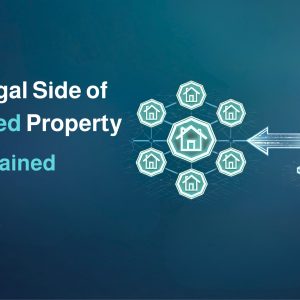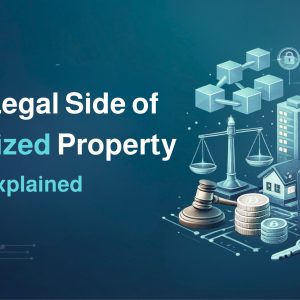When you’re looking for a safe way to grow your money, fixed deposits are usually one of the first options that come up. They offer security, predictable returns, and are easy to open at most banks. But is a fixed deposit a good investment?
The answer depends on what you’re hoping to get out of it. If you’re looking for high returns, there might be better choices. But if you want low risk and steady income, fixed deposits still have a place, particularly for conservative investors or anyone who needs short-term stability.
Let’s unpack how fixed deposits work, key things to look out for, and how they compare to other investment options in Saudi Arabia. Let’s start with the basics.
You can start investing now from the Gamma Asset Investment Platform
Understanding the Basics – What is a Fixed Deposit?
A fixed deposit is when you put your money in the bank and leave it there for a set amount of time. You agree not to touch it, and in return, the bank pays you interest. It’s that simple.
In Saudi Arabia, most banks offer fixed deposits. You choose how much you want to put in and for how long — say, three months, one year, maybe even five. Once it’s locked in, the interest rate doesn’t change.
That’s the main appeal. It’s stable. You don’t have to check the stock market or worry about losing money overnight.
To give you a rough idea:
- Most banks ask for a minimum of SAR 10,000
- Terms can be as short as one month or as long as five years
- You get your full amount plus interest at the end
- Some banks let you receive interest monthly or quarterly if you prefer
- Taking money out early usually means losing some or all of the interest
So, is a fixed deposit a good investment? If you want something low-risk and predictable, it can be. It’s not going to make you rich, but it’s a good way to park your money safely — especially if you’re not in the mood for risk or complexity.
Pros and Cons of Investing in Fixed Deposits
Fixed deposits can be useful, but they’re not perfect. Some people love them for the peace of mind, others find them too limiting. Here’s a straight-up look at what works, and what doesn’t.
What’s good about fixed deposits:
- They’re safe
Your money isn’t bouncing around with the markets. It just sits and grows. - You know what you’ll get
No guessing. The return is fixed, and you’ll get the amount promised at the end. - Easy to understand
You don’t need a degree in finance to open one. Walk into your bank, ask about a fixed deposit, and you’ll be done in minutes. - Short-term friendly
If you’re saving for something in the next few months or a year, it’s a solid choice.
What’s not so great:
- The returns are low
Compared to other options, fixed deposits don’t earn much. In Saudi Arabia, interest rates aren’t high — usually around 4 to 5%. - Inflation can cancel out the gains
If prices keep going up, the money you’ve earned might not go as far as you expected. - You’re locked in
If you need the money early, you might lose part of the interest. Some banks cut it completely. - Not for long-term growth
If your goal is to build serious wealth over time, you’ll probably need to look elsewhere.
Factors to Consider Before Investing in Fixed Deposits
Before you open a fixed deposit, take a step back and ask yourself a few key questions. It’s a simple product, but that doesn’t mean you should go in without a plan.
1. How long can you lock away the money?
The longer the term, the better the interest, but only if you don’t need that cash anytime soon. If there’s a chance you’ll need it in an emergency, think twice before locking it in.
2. What’s the current interest rate?
Rates in Saudi Arabia vary from bank to bank. Some might offer 4%, others a little more or less. It’s worth checking around and comparing before you commit.
3. Will inflation eat into your return?
Let’s say you earn 4% interest, but inflation is at 3%. Your real return is only 1%. It’s not a loss, but it’s not a big win either.
4. Do you want Islamic banking compliance?
Many Saudi investors prefer Shariah-compliant fixed deposits. These work a bit differently — the bank might offer profits instead of interest, and the structure follows Islamic finance principles. Returns are usually similar, but if this matters to you, ask for it specifically.
5. What are the early withdrawal penalties?
Life happens. If you think you might need to take the money out before the term ends, ask upfront how much interest you’d lose or if there’s a fee.
6. How reliable is the bank?
Most banks here are regulated and follow the rules, but not all of them operate the same way. It’s worth sticking with one that’s well known, has a decent history, and explains things clearly from the start.
And instead of trying to decide if fixed deposits are good or bad in general, ask yourself this: does it make sense for you right now based on what you need, when you’ll need it, and how much risk you’re okay with?
Comparing Fixed Deposits to Other Investment Options
If you’re wondering if a fixed deposit is a good investment, it helps to see how it compares with other places to put your money.
- Stocks
These can make you more money over time, but they go up and down a lot. Sometimes you win, sometimes you lose. - Real Estate
Buying property here is popular. It can bring in rent and grow in value, but it usually needs more cash upfront. Plus, there’s the hassle of fixing things and paying taxes. - Mutual Funds
These let you invest in a bunch of things at once without doing all the work. They often pay more than fixed deposits but come with some risk and fees. - Savings Accounts
Easy to get your money anytime, but the interest is tiny. Good for emergencies, but not for growing your cash.
Fixed deposits are safe and steady, but they don’t make you much money compared to other options. If you want your money to grow faster and don’t mind some ups and downs, you might want to look elsewhere.
Tips for Maximizing Returns on Your Fixed Deposit Investment
If you’re thinking about putting money into a fixed deposit, here are some easy ways to make sure you’re getting the best from it.
1. Check out different banks
Not all banks pay the same interest. Some might offer a bit more, so it’s worth asking around before you decide.
2. Choose a term that works for you
Longer terms usually mean better interest rates, but only if you don’t need the money anytime soon. If you think you might need cash sooner, pick a shorter term, even if the interest isn’t as high.
3. Try splitting your money into parts
Instead of putting all your cash in one fixed deposit, you can spread it across a few with different end dates. That way, you get some money back regularly and can reinvest when rates change.
4. Check how and when the interest is paid
Some banks pay interest only at the end, while others pay monthly or quarterly. If you want steady income, monthly payouts might work better. But keep in mind, getting the interest early means less chance for it to grow.
5. Know the rules about taking money out early
Things happen, and sometimes you might need your money before the term is over. Before you open a fixed deposit, ask what happens if you want to withdraw early. Knowing the penalties can save you from losing more than you expect.
6. Consider Islamic fixed deposits if that’s important to you
Many banks in Saudi Arabia offer Shariah-compliant fixed deposits. They work a bit differently but follow Islamic finance rules. If this matters, ask your bank about these options.
7. Keep an eye on inflation
If prices are rising fast, your interest might not be enough to keep up. It’s a good idea to check how inflation affects your returns and think about other options if needed.
If you want to explore more investment options, Gamma Assets offers tech-driven platforms with a variety of choices, including Shariah-compliant investments. It’s a handy way to diversify and invest with confidence.
More topics can be read on the Gamma blog
Is a Fixed Deposit the Right Choice for You?
At the end of the day, whether a fixed deposit is good for you depends on what you need. If you want something simple and safe that won’t surprise you, fixed deposits can work well. They’re good if you want to save for something soon or just want to keep your money safe.
But if you want your money to grow over time and don’t mind some ups and downs, other options like stocks or buying property might work better. Before you decide, take a good look at the interest rates and rules. Make sure it fits what you want to do with your money.
And if you want to explore different investments, including ones that follow Islamic principles, Gamma Assets is a good place to check out.
